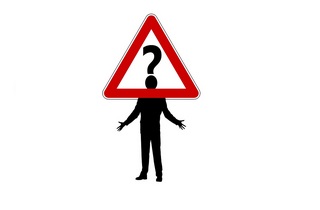Rehab for drug or alcohol treatment is costly. Rehab averages about $13 per day for outpatient treatment and more than $700 per day for residential treatment. Unfortunately, this is one of the biggest reasons that many people without insurance choose not to get the help that they need.
Having health insurance will often help greatly reduce the cost of rehab. But paying for rehab without insurance is also possible. You simply need to know where to look for help. In this article, well show you how. Then, feel free to ask any questions about rehab without insurance at the end.
Rehab without insurance
Getting drug or alcohol rehab without insurance may seem difficult, but its definitely possible. If you have no insurance, there are a number of different resources you can use to get the treatment you need. And some surprising ways that you can make a stay in rehab more affordable
1. Sliding scale fees are offered by many rehab and substance abuse facilities. These are fees that are based on your income and other aspects of your financial situation to ensure that you only pay what you can afford. The lower your income, the less youll pay.
2. Financing options are also available at some facilities. By financing your treatment, these facilities allow you to make periodic payments toward your balance, so its easier to pay back.
3. Government programs such as Medicaid might also cover rehab and other types of substance abuse treatment. You may qualify for Medicaid if you’re considered to be a low-income household. Also, state departments of health and human services administer federal government block grants. Call your state to learn more about how you can access rehab without insurance and benefit from these subsidized programs.
4. Non-profit organizations are also sometimes a great resource for anyone who needs rehab without insurance. Some community as well as national non-profit organizations, for example, offer grants to individuals who need rehab without insurance. Two non-profit groups to contact include the Salvation Army and the United Way.
5. You may be able to file for a tax deduction at year end after receiving rehab without insurance. Check with a tax accountant for details on filing for a medical deduction if rehab costs more than 10% of your gross annual salary.
6. If you still need help paying for rehab without insurance, you may be able to borrow the money. Possible lenders can include banks, credit unions, and loved ones. You may even be able to borrow funds from your own savings account, life insurance policies, and retirement accounts.
No insurance rehab centers
Several rehab centers are willing to help individuals with no insurance. Many of them offer reduced fees to lower income individuals as well. There are a few different ways you can find no insurance rehab centers. How can you target these resources?
- First, ask your local hospital or doctor, if you have one; medical professionals will often be able to give you the names of a few rehab centers that work with people with no insurance.
- You can also obtain a list of local rehab centers from your phone book or online, and contact each of them directly.
- Finally, the Substance Abuse and mental Health Services Administration has a substance abuse facility locator. You can use this free online service to find substance abuse treatment facilities in your area that offer sliding scale fees or other types of payment assistance for individuals with no insurance.
No insurance rehab questions
Were also more than happy to answer any questions you may have along the way. Please leave your questions about rehab and concerns about insurance in the comments section below. Well get back to you as soon as we can.









Related Posts